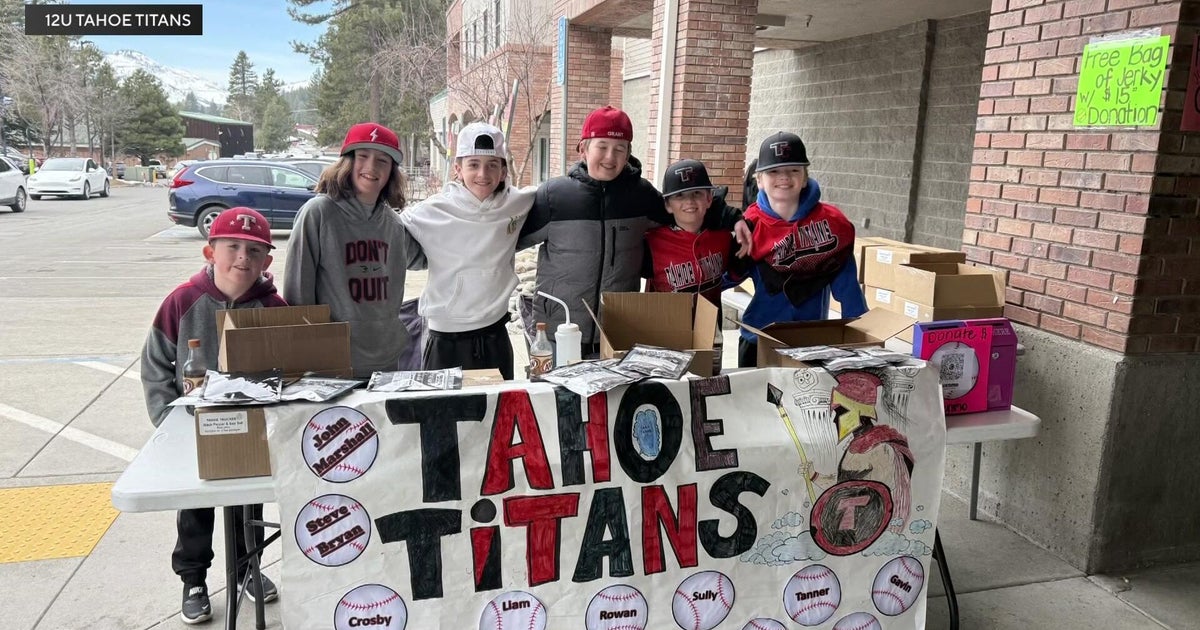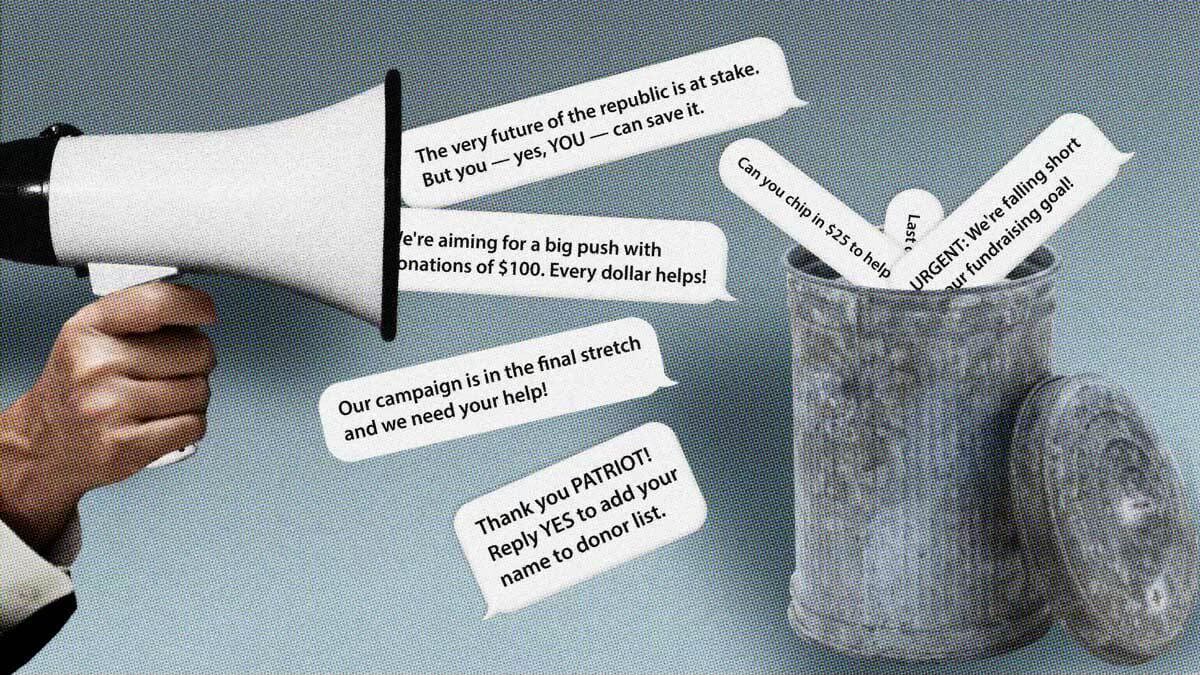Get ready for money requests on Facebook
When it comes raising money, many Americans turn to their friends and families to help gather donations. Now, the world’s biggest social network plans to get in on the action.
Facebook (FB) said this week it will let its more than 1 billion members host personal fundraisers, which will allow them to ask for money for themselves, their friends or someone who isn’t on the digital network. (In Facebook’s example, the latter category could be a pet.) The company would review potential fundraisers for a maximum of 24 hours before allowing them to go live.
Skeptics won’t be surprised to learn that Facebook isn’t adding personal fundraising out of the goodness of its own heart. The company said it will charge a 30 cent fee and 6.9 percent of the funds that are raised. The social network said the money would cover payment processing, security and fraud protection, and vetting the fundraising applications.
The company’s goal is “not to make a profit from our charitable giving tools,” wrote Naomi Gleit, senior vice president of social good in a blog post.
If the service sounds familiar, that’s because it strongly resembles social fundraising service GoFundMe. That site has helped people raise more than $3 billion to help with everything from medical expenses to training funds for Olympian hopefuls.
Like Facebook, GoFundMe’s services aren’t free. The site charges about 7.9 percent of a campaign’s funds.
While Americans may be used to requests from GoFundMe campaigns, they may feel differently about having their Facebook feeds filled with requests for money. Tension levels are already running high for many people on social media, with more than one-third telling the Pew Research Center that they’re worn out by the amount of political content in their feeds.
Whether consumers love or hate the idea of seeing fundraising requests in their feeds, Facebook is tapping a rich vein. Americans are most likely to contribute money to people they already know, with about six out of 10 online donors saying they’ve given to help a close friend or family member. What better way to reach this pool of benefactors than through Facebook?
The downside for Facebook is a potential backlash from users who might feel, well, used. About 56 percent of people believe crowdfunding projects include many frivolous projects, with younger Americans more likely to feel that way than those over 50-years-old.
Facebook said its personal fundraising service can be used in one of six categories: Education, medical expenses, a pet’s medical expenses, crisis relief, personal emergency, or funeral and loss. The company said it will release a trial version of the service in the next few weeks.



